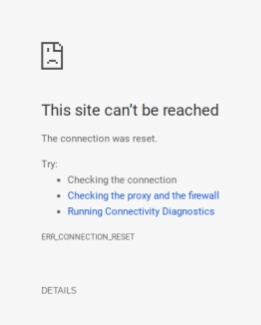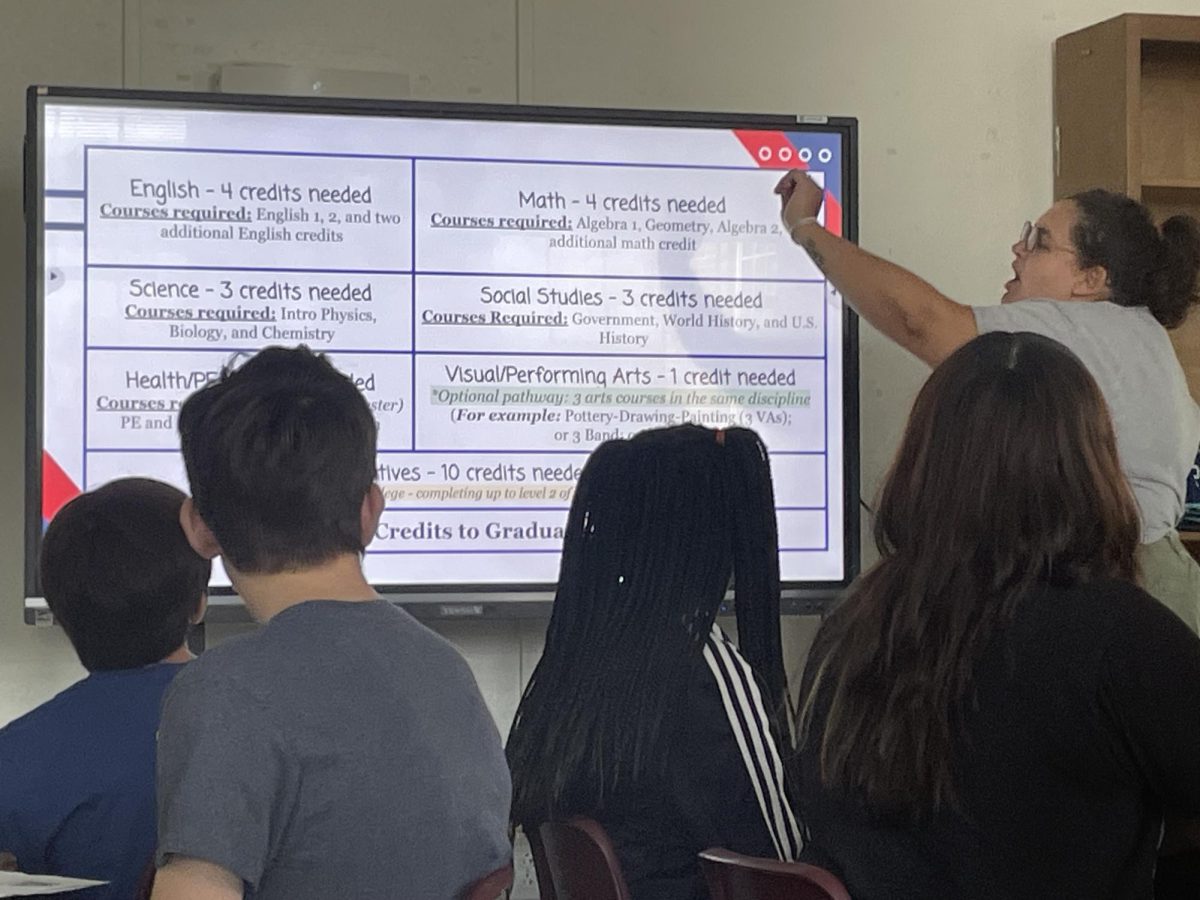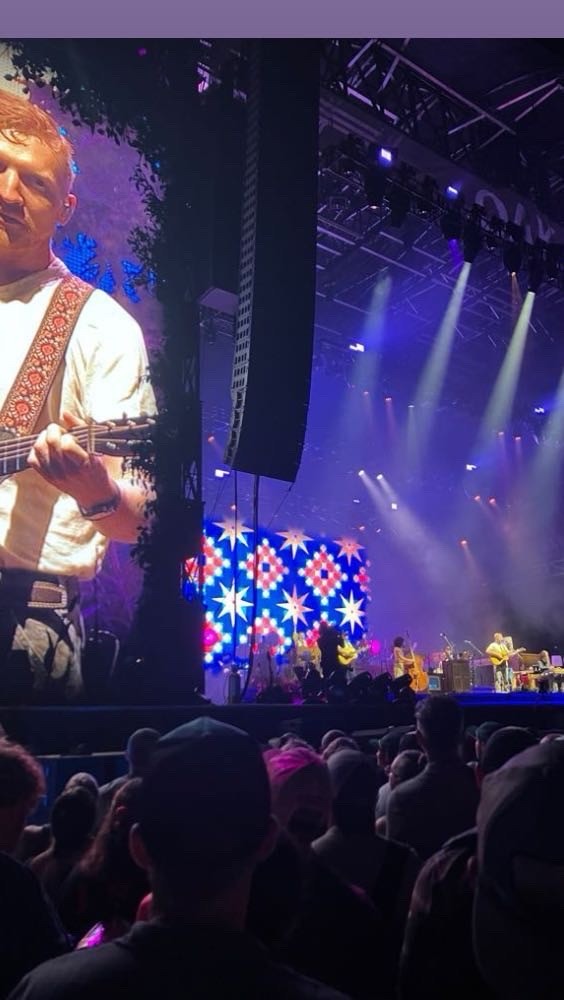Are School Web Filters Too Restrictive?

January 23, 2018
Instagram (sometimes), Netflix, Hulu, Wattpad, Snapchat, Tumblr, Buzzfeed. These are just some of the websites currently blocked by school WiFi. Facebook, Twitter, Amazon, Youtube, Pinterest. These are websites with similar content to the ones previously mentioned and yet they are completely accessible on school WiFi.
Every student has wanted to gain access to a website blocked by school WiFi at least once. Students, while allowed to have their phones at school, are not allowed to visit many sites. Even during free time students have no way to access these blocked sites without using data on their personal devices. Many students result to using a VPN or Virtual Private Network, these apps allow students to bypass WiFi restrictions and access the sites or apps they want.
Even here at the Lafayette Times, this website was originally blocked by school WiFi. Our adviser, Sherri McPherson had to gain special permission for us to access our site at school. Recently, the website we use to create our press badges has been the latest victim of school WiFi restrictions. When sites used for academic purposes are being blocked, restrictions have gone too far. Even researching a topic for class can be challenging and frustrating when every other website is blocked by school WiFi.
That’s not to say that there shouldn’t be any restrictions on our internet use. There are some things we shouldn’t be able to access, but the restrictions currently used are too strict. There needs to be more precise criteria when considering which websites to block. This would block the websites we shouldn’t be able to access and grant access to those we need.




